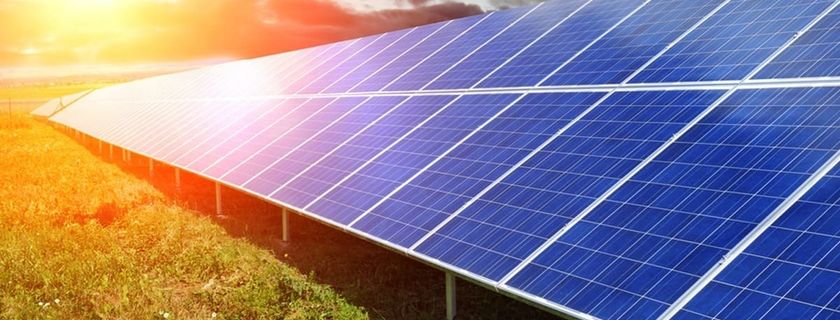
CIRCUSOL: Solar power business models towards a circular economy in Europe (PRESS RELEASE)
CIRCUSOL: Solar power business models towards a circular economy in…

The rapid deployment of PV technologies has brought, as a consequence, increase in decommissioned PV panels. We can either recycle prematurely decommissioned panels or satisfy their lifetime of 30 years through circular economy strategies such as repair and reuse.
The study explores both options and is divided in two parts. Part A tries to balance the environmental impact and the benefits of satisfying the complete life of a PV panel, through the performance of repairs or reuse. Part B explores the market conditions that would allow an adequate reuse of the panels having different ownerships and the recycling of the malfunctionning ones.
Part A shows that fulfilling the full life cycle of a PV panel has a good environmental impact, even if added more repair activities or even if efficiency in panels or in the recycling process would drasticaly improve. Part B also shows that, theoretically, repairing is more financially competitive than replacing for a more efficient one. However, the practice tells us that the market conditions are not ready for this business model, and that new panels are seen as more attractive than second-use panels.
Read the full publication here: https://lnkd.in/d__uH_7n
Thank you to the team who made it possible: National Renewable Energy Laboratory, VITO, UNSW, International Energy Agency (IEA)., CIRCUSOL

CIRCUSOL: Solar power business models towards a circular economy in…